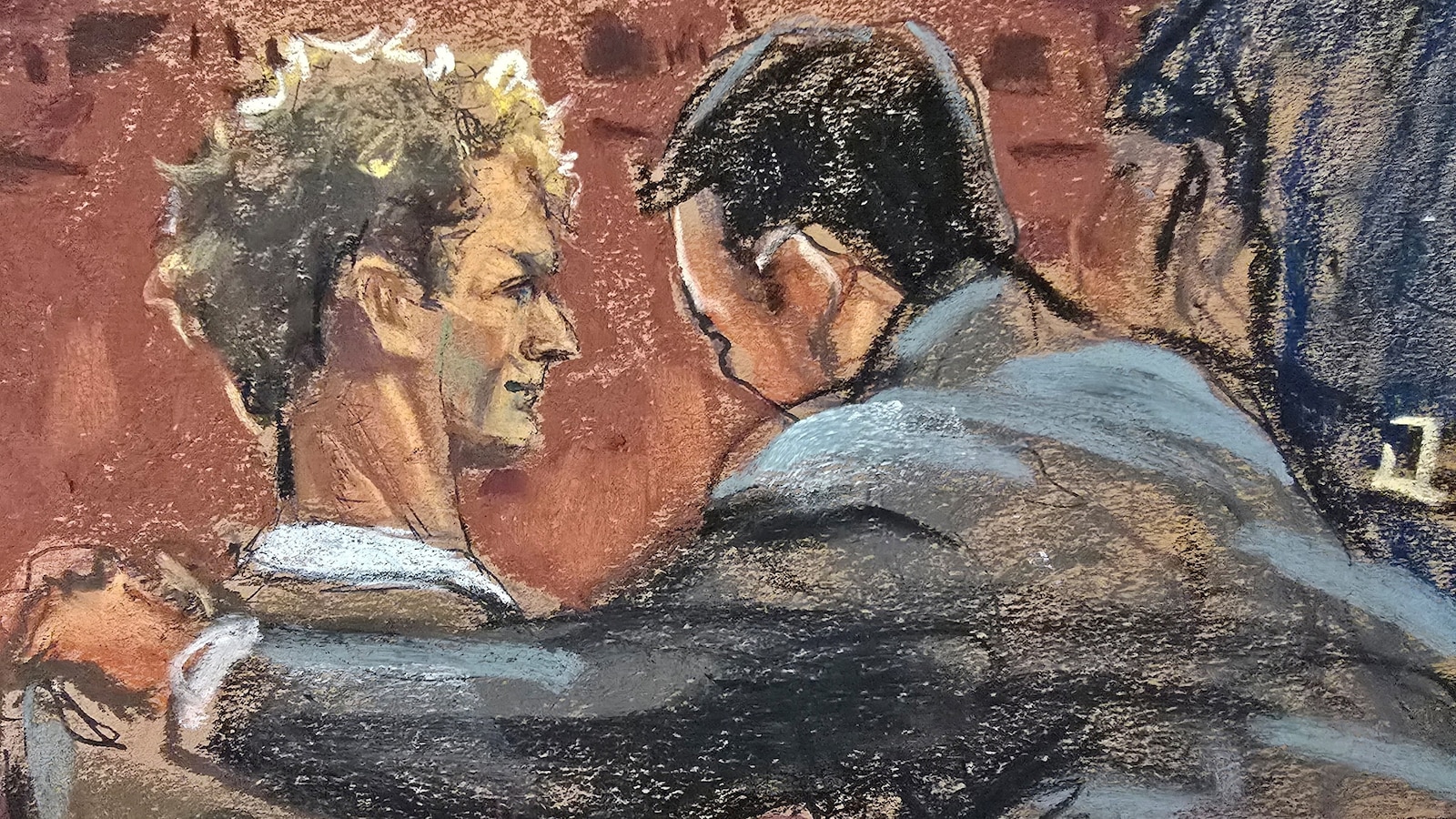Introduction: A National Spotlight on Homelessness and Mental Health
The trial of Daniel Penny, a case that has captured widespread attention, has ignited intense discussions on the deeply interconnected issues of homelessness and mental health in the United States. At its core, the case brings to the forefront not only the criminal justice system’s role in addressing such crises but also the systemic flaws that leave some of the nation’s most vulnerable populations without adequate support. This trial, coupled with the resulting public debate, offers a stark lens through which we can explore the urgent need for comprehensive reform in both mental health care and homelessness services.
As the trial unfolds, many experts and advocates are stressing that this is not just a legal case, but a societal moment that demands a rethinking of how we approach the complex realities of homelessness and mental illness. This article delves into the broader implications of the trial and its potential to shape future conversations around these critical issues.
The Daniel Penny Trial: What It Means for the Intersection of Homelessness and Mental Health
At the center of the case is Daniel Penny, who has been accused of causing the death of Jordan Neely, a homeless individual with a history of mental illness. Neely, who was reportedly exhibiting erratic behavior on a New York subway train, was restrained by Penny in a chokehold, leading to his death. The incident has sparked public outcry, with debates focusing not only on whether Penny’s actions were justified, but also on the circumstances that led to the encounter in the first place.
The Role of Mental Illness in the Case
Neely’s struggles with mental health were a significant factor in the events that transpired. According to reports, Neely had a history of schizophrenia and had been living on the streets for years. His situation is not unique, as many individuals who are homeless also grapple with untreated mental illnesses. In fact, research shows that people experiencing homelessness are significantly more likely to suffer from mental health issues than the general population, with studies estimating that up to one-third of homeless individuals live with a serious mental illness.
Yet, despite this, there are severe gaps in the mental health care system that leave many without the necessary treatment. From limited access to psychiatric services to a lack of community-based mental health resources, individuals like Neely often fall through the cracks. The absence of adequate mental health care has a direct impact on homelessness, and vice versa. As this case has highlighted, society is left to grapple with the devastating consequences of these systemic failures.
The Legal and Ethical Dimensions
The legal complexities of the case are equally contentious. On one side, Penny’s defense team argues that he acted in self-defense, as he feared for his safety during the altercation with Neely. On the other side, critics contend that Penny’s actions were disproportionate and that there were other, non-violent ways to de-escalate the situation. This debate has raised important questions about the use of force in public spaces, particularly when interacting with individuals who may be experiencing a mental health crisis.
The ethical implications of this case stretch beyond the courtroom. If Penny is convicted, it will send a strong message about accountability in situations where homelessness and mental illness intersect. But a conviction alone will not address the root causes of these issues. Many experts argue that the trial should serve as a call to action for policymakers to address the underlying social and mental health challenges that contribute to such tragedies.
Homelessness and Mental Health: A National Crisis
While the Daniel Penny trial shines a light on a specific incident, it is essential to recognize that the issues of homelessness and mental health are not isolated to this one case. Across the United States, homelessness is a growing crisis, and mental health is a significant driver of the problem. According to the U.S. Department of Housing and Urban Development (HUD), over 500,000 people in the U.S. experience homelessness on any given night, and of these, nearly a quarter suffer from severe mental illnesses.
The Growing Crisis of Mental Illness Among the Homeless
The relationship between homelessness and mental illness is deeply intertwined. As more individuals experience homelessness due to factors such as job loss, eviction, or economic hardship, many are pushed into a cycle where untreated mental health issues exacerbate their living conditions. Conversely, the trauma of living on the streets, coupled with a lack of access to proper care, often worsens mental health problems. The results are devastating, contributing to a vicious cycle that is difficult to escape without comprehensive intervention.
Furthermore, the criminal justice system often becomes the de facto safety net for individuals with mental health issues, leading to higher rates of incarceration among the homeless. Jails and prisons are ill-equipped to treat mental health disorders, resulting in inadequate care and worsening conditions for these individuals. This underscores the urgent need for systemic changes in both housing policy and mental health care.
Systemic Failures: The Lack of Adequate Support
One of the critical issues underscored by the Daniel Penny case is the systemic failure to address the needs of homeless individuals suffering from mental illness. In many cities, there is a shortage of affordable housing, and shelters are often overcrowded and ill-equipped to provide mental health services. As a result, people with severe mental health issues are left to fend for themselves, sometimes with tragic consequences.
Furthermore, mental health services in many regions are underfunded and fragmented. Access to care is often limited to emergency services or inpatient care, leaving individuals without the necessary ongoing support. Even when mental health services are available, they are often siloed and not integrated with housing solutions. This fragmentation of services leaves people with mental illnesses stuck in a cycle of crisis, rather than receiving the long-term care they need.
Call for Comprehensive Reform
The Daniel Penny trial highlights the urgent need for a coordinated, multifaceted approach to homelessness and mental health care. Experts agree that addressing these issues requires a combination of affordable housing, accessible mental health services, and systemic reforms that prioritize prevention over crisis management. This includes:
- Investment in permanent supportive housing: Long-term solutions, such as supportive housing that integrates mental health services, are critical to breaking the cycle of homelessness.
- Expanded access to mental health care: Increasing access to community-based mental health services can help prevent crises before they escalate.
- Police training and de-escalation techniques: Officers should be trained to handle encounters with individuals experiencing mental health crises in a compassionate, non-violent manner.
- Preventive measures: Focus on early intervention and preventive care to address mental health issues before they lead to homelessness.
Conclusion: Moving Forward
The Daniel Penny trial serves as a stark reminder of the intersection between homelessness, mental illness, and public safety. While the trial itself will eventually come to a close, the issues it has raised are far from resolved. The case offers an opportunity to reflect on how society approaches mental health and homelessness, and more importantly, how we can begin to address the systemic failures that perpetuate these crises.
In the coming years, policymakers, advocates, and the public must prioritize the creation of a more compassionate and effective system that can prevent future tragedies. Only through comprehensive reform, greater public awareness, and a commitment to long-term solutions can we hope to address the root causes of homelessness and mental illness and avoid further loss of life.
For more information on the ongoing challenges facing the homeless and mentally ill populations, you can visit NAMI, the National Alliance on Mental Illness.
See more Update My News



